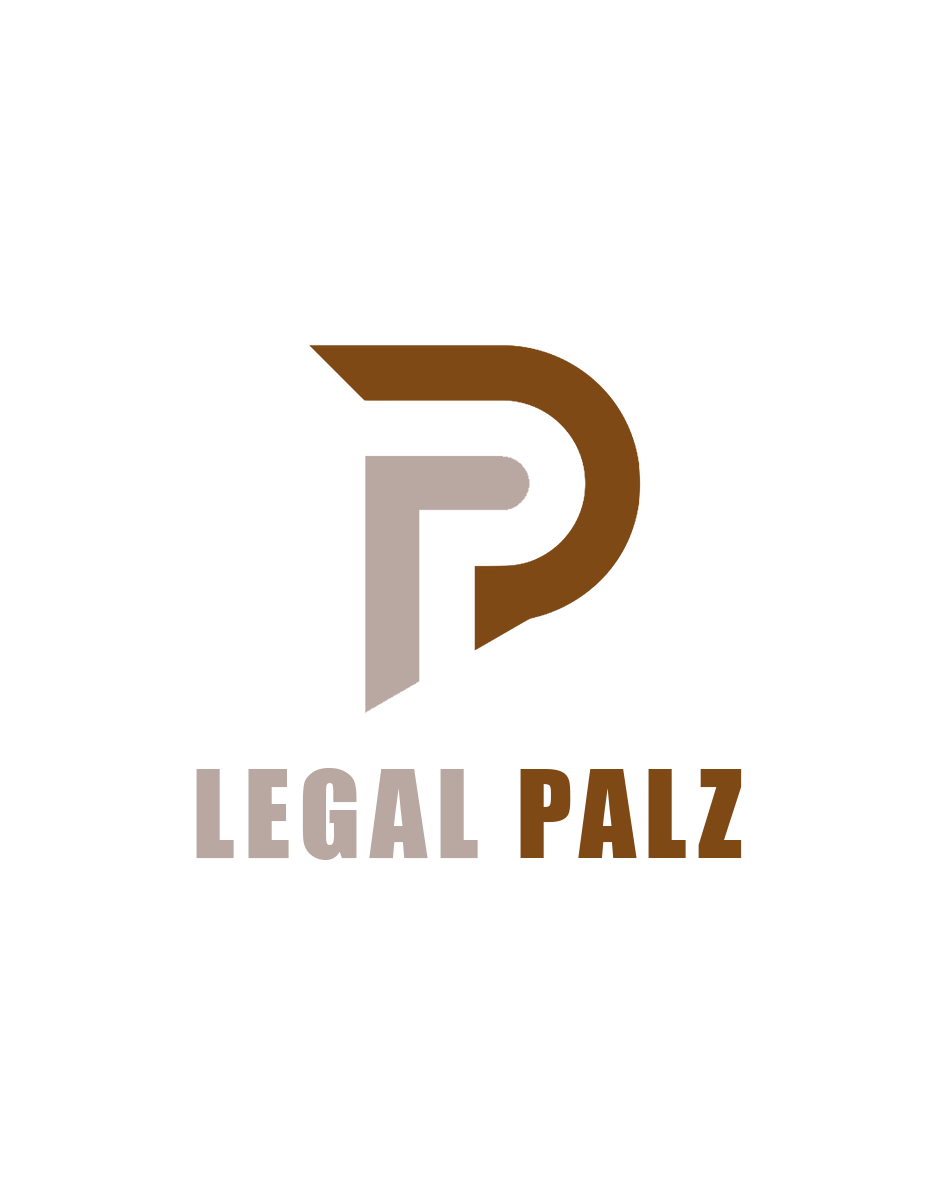Case study 4
Imagine you run a consulting firm with unique expertise that companies desperately need. You land a big client, and everything seems perfect—until it isn’t. As the project progresses, scope creep starts draining your resources. Deadlines are missed, and payments are delayed. Panic sets in, but there's a way out that doesn’t involve a drawn-out legal battle
This exact scenario happened to one of our clients. They had secured a lucrative contract with a high-profile client, but soon found themselves overwhelmed by continuous demands outside the initial agreement. The project scope kept expanding without corresponding increases in compensation, leading to resource strain and frustration. With deadlines slipping and payments delayed, the client was at their wit's end.
First, we conducted a thorough review of the existing consulting agreement. It became clear that the agreement lacked precise definitions and robust terms to manage scope and payment schedules effectively. Jumping into litigation would have been both costly and time-consuming, so we decided on a strategic approach instead.
We initiated a conversation with the client to understand their challenges and goals. Our objective was to find a solution that ensured fair compensation for the consultant’s efforts while maintaining a positive relationship with the high-profile client.
We then proposed drafting a new, comprehensive consulting agreement. This new agreement included:
Detailed scope of work to prevent scope creep.
Clear payment schedules to ensure timely compensation.
Performance metrics to track progress and success.
Penalties for missed deadlines and non-compliance to encourage accountability.
To address the immediate issues, we facilitated a meeting between our client and the high-profile client. During this meeting, both parties openly discussed their grievances and agreed on the new terms. We then had both parties sign the revised consulting agreement, reaffirming their commitment to a structured and fair working relationship.
Additionally, we organized a joint meeting to discuss the new terms and align expectations. This helped both parties understand their roles and responsibilities better, fostering a sense of partnership.
The results were significant:
We avoided the hefty costs and delays associated with litigation.
Our client secured a stronger, enforceable consulting agreement.
The high-profile client recommitted to the project with a clear understanding of the scope and payment terms, preserving a valuable business relationship.
